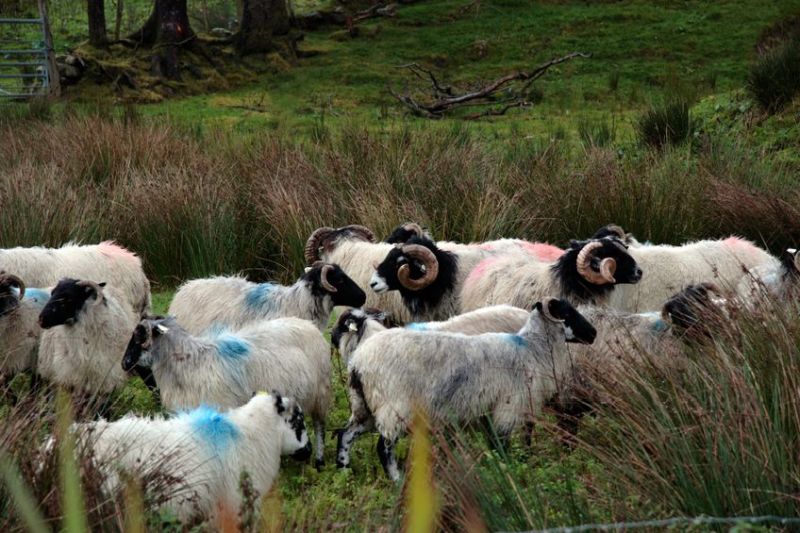
Any period where EU and UK imports and exports are paused and the uncertainty of not knowing when they might return could have "serious implications" for British farmers.
The government's latest, and last, batch of technical notices on Brexit ‘no deal’ scenarios suggest that the UK would need to be approved by the EU as an exporter – a process which could take a minimum of six months.
In order to export to the EU, Export Health Certificates would be required from the end of March 2019, with consignments needing to travel through a Border Inspection Post within the EU.
The EU would require the UK to be a listed third country, but Defra acknowledged it "cannot be certain" of the EU response to such a request or its timing.
It is expected the process could take at least six months. Without listed status no exports to the EU could take place.
The total value of agri-food exports to the EU in 2017 was £13bn, of which £3.15 billion was animals and animal products.
For the sheep industry, the UK exports some 35-40% of sheep production and 96% of this goes to the EU.
Sheep industry concerns
The National Sheep Association (NSA) said the contents of the notices reinforce why it is important a deal allowing free trade and frictionless controls is reached.
Phil Stocker, NSA Chief Executive said implications of a no deal Brexit scenario for sheep farming is "serious".
“This demand will not be replaced quickly by new markets and we would be looking to the Government to work closely with us to put in place actions to underpin our market,” Mr Stocker said.
“But there are wider implications too, as these technical notes remind us, and the complications around approvals for trade in both directions, as well as the possibility of a delay in the UK getting listed country status and being able to export.”
Mr Stocker added: “Alarmingly, there is even a suggestion that the UK will allow imports to continue smoothly, while we accept a potential delay in getting approval to export.
“That may help some industries, but it won’t help sheep farmers, who will simply see oversupplies in the UK exacerbated.”
'Catastrophic consequences'
The pig industry shares similar concerns to that of sheep farmers, with the National Pig Association (NPA) warning that this scenario could have "catastrophic consequences" for a sector increasingly underpinned by export trade.
In the first seven months of this year, more than 110,000 tonnes of pig products were exported to the EU, equating to nearly 60% of all UK pigmeat exports.
NPA chief executive, Zoe Davies said a no deal could be the "worst of all worlds" for the UK pig industry.
“If exports are blocked but we continue importing pigmeat from the EU in large quantities, as the Government appears willing to do, it would blow a huge hole through the economics of the UK pig sector,” Ms Davies said.
“Because of carcass balance issues, the UK would be swamped with pigmeat that had little value on the domestic market, dragging down the pig price and making it very difficult for many pig businesses to continue operating.
She added: “As we have repeatedly stated, EU trade is critical to ensure the UK pig sector can function properly. It is therefore essential that the Government does everything in its power to secure frictionless trade after we leave the EU.”
